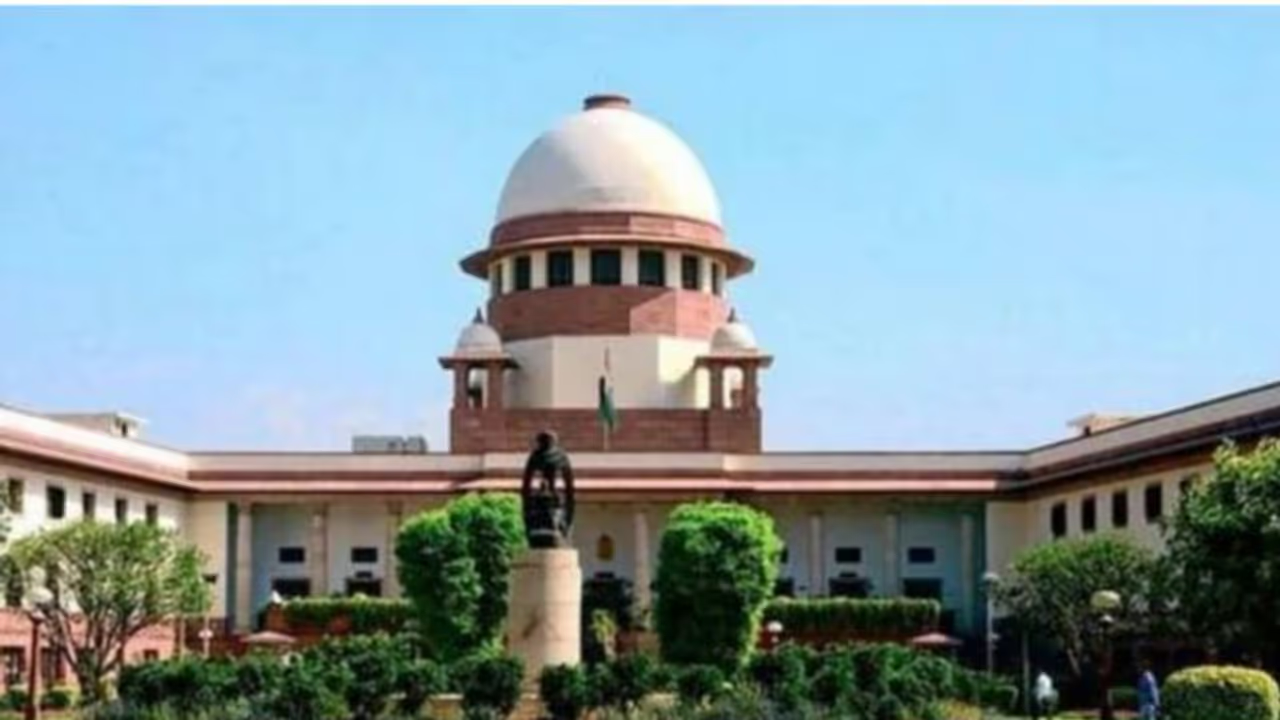4 pronouncements by the top court of India in the next ten days have the potential to impact India in a massive way.
Bengaluru: Starting November 4, for a period of 10 days, India would see a slew of judgements that impact the country in a big way.
Outgoing chief justice of India (CJI) Ranjan Gogoi is heading three benches which are delivering these verdicts.
First on the list is the Ayodhya verdict. After a marathon hearing of more than 40 days, the SC is expected to pronounce the verdict before Ranjan demits his office on November 17.
Also Read: How Modi wants ro resolve the Ayodhya problem
The next important case is the one related to Sabarimala, where menstruating women are not allowed entry to the temple. An earlier verdict of the top court had granted entry to menstruating women as well, but a review petition filed seeks to restore the ban.
Third, is the case related to the purchase of Rafale jets. The supreme court had given a clean chit to the government in this regard, but it was challenged. As per an inter-governmental agreement, the Indian government has signed a deal to purchase 36 fully loaded aircraft from France.
Petitioners in this case had sought a CBI inquiry. The SC had reserved its verdict on May 10.
Lastly, there is this issue that pertains to bring the office of the CJI under the ambit of the Right to Information (RTI) Act.
As the nation waits with bated breath for the Ayodhya verdict, the Prime Minister Narendra Modi has urged everyone to welcome the verdict as it is binding on everyone.
Earlier in an interview to a news agency, the Prime Minister had refused to mediate in the issue, because it was sub judice. However, he added that the prospect of promulgating an ordinance would only be taken up after the top court’s ruling on the same.
As Ranjan Gogoi retires later this month, Sharad Bobde is all set to take over as the next CJI.
